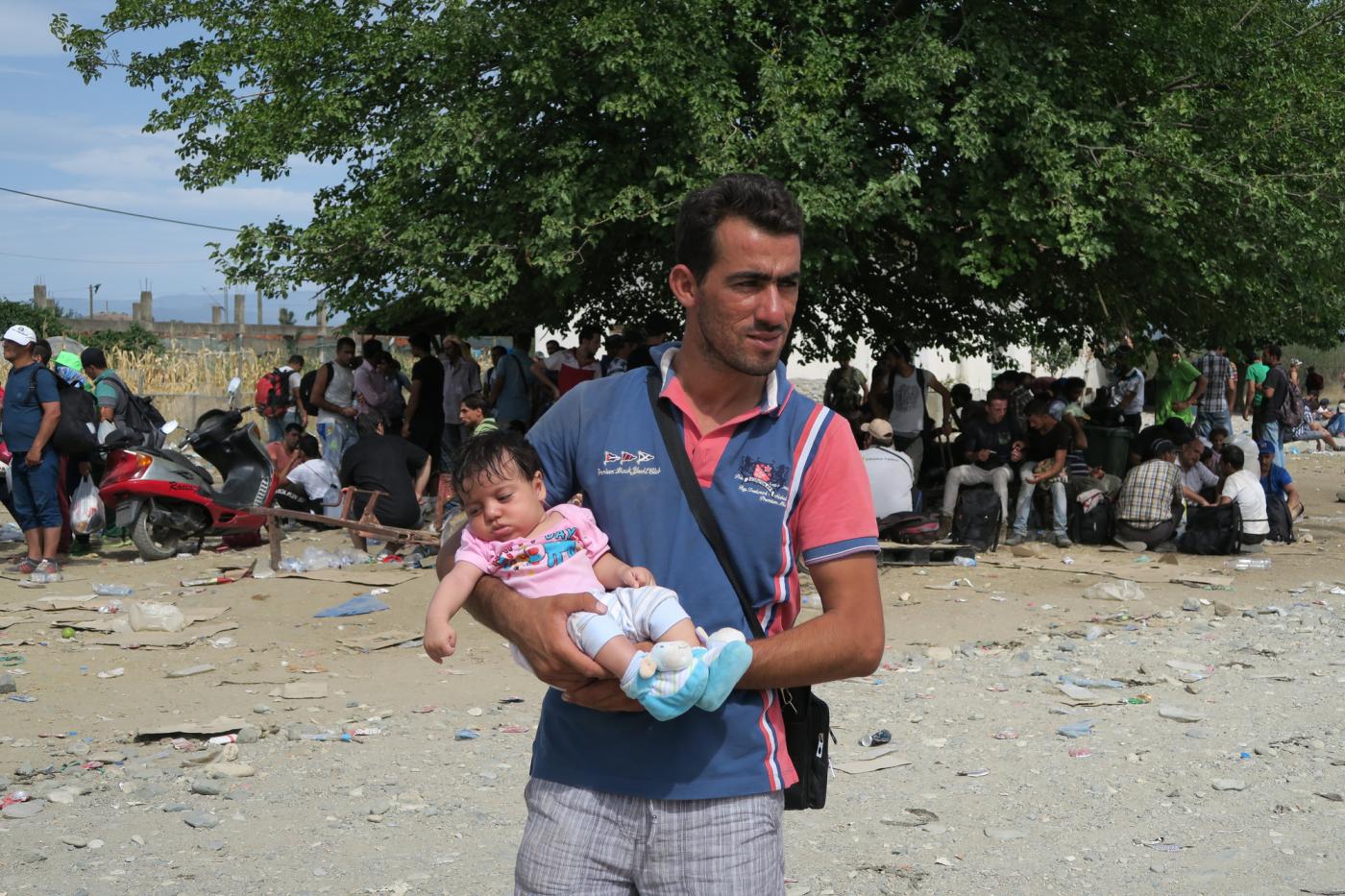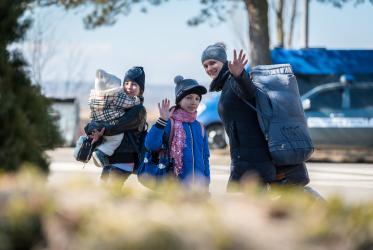Christians have a long tradition of dominating other peoples and other faith traditions and even some variant Christian groups. From the early church times, Christians have taken seriously the mandate to go to the ends of the earth to convert peoples to Christianity.
Christian European immigrants came to North America and were complicit in genocide against the indigenous peoples. Mass killing, displacement, and domination of native peoples are a horrific part of American history from which there remains irreversible damage to the Native American people and their culture.
The conquest of the continent also involved ecological vandalism of the lands of the indigenous peoples.
As the Christian Europeans exploited the land, they treated the rivers not as sacred places of nourishment and replenishment but as sewage dumps for their polluting waste. Many of the open spaces of the continent were transformed from places of growth and life into wastelands of garbage and encroaching deserts.
The violation continues. Today, we still live with this mentality of domination to dominate and subdue the earth. A new report notes that the amount of garbage put into landfills in 2012 was twice as much as anticipated, in spite of vigorous recycling efforts.
As we participate in domination, globalization, and colonialism to the detriment of the earth and the people who are pushed to the margins, it creates han. Han is a Korean term that is difficult to translate into English. One of the best translations is "unjust suffering" and "piercing of the heart".
Han is the immense pain and suffering perpetuated by an individual, a group, or a system in another person, group of people, or system. As we participate in distressing, polluting and damaging the earth we cause han to others and to the earth.
The destruction we inflict on the earth as we plow its resources, causes suffering to the human family, and we become the perpetrators of enormous han.
The peoples of the earth cry out from their agonizing han and warn us to change our ways or face further devastation of the earth. The han and suffering of the earth must be remediated or it will reduce the capacity of the earth to support our growing numbers.
Some churches and organizations recognize the urgency involved in changing our ways to release the han of the dominated. The World Council of Churches (WCC) is one such organization. A worldwide fellowship of churches, the WCC seeks Christian unity and works towards justice, peace and love.
The WCC is making climate change a priority. This involves work to build networks and relationships between churches, to enhance their solidarity as they respond to the impacts of climate change. The WCC advocates policies at local and national levels that respond to the needs and rights of populations made vulnerable by economic systems and environmental distress.
The WCC recognizes that climate change is an issue of both ecological and economic justice. Climate change affects the poorest of the poor and displaces the most vulnerable communities. Climate change intertwines with issues of land, food, work, and human flourishing.
The people who are most vulnerable are the ones who lose their land and are forced to live in areas which have not yet been devastated by the changing weather. The result is that people forget how devastated the rest of the world is, and how many are losing their means and ways of utilizing and maintaining sustainable practices.
Climate change has played a role in the Syrian refugee crisis. From 2006 to 2011 more than half of the country suffered record-breaking drought, which nearly killed all the live stock and left many farmers in dire straights. As many Syrians who lived as farmers became unable to till the land and produce food, they were left with no alternative but to ask for aid.
President Bashar al-Assad offered little help to the hungry farmers. As a result, around a million villagers went to the cities seeking work to feed their families.
Many did not find the needed work. This helped create a pool of people disaffected toward the government, many of whom were recruited for uprisings against the government. It also creates a group of people who feel the only way to survive is to leave Syria.
Now the Syrian refugee crisis is at our doorstep and we cannot deny the enormity as people are fleeing for their lives, desperately looking for places to work and live due to the political crises, violence, proxy war, and climate change in their own land.
Climate change is real and it brings devastating consequences. We see this in Syria. Its problems are not only affecting its neighbors, but also Europe and North America.
The impact of climate change challenges us to change our ways: to act quickly and to act now. Concrete steps are needed. We must all work towards influencing policy and actions to prevent Earth's temperature from rising more than 2 degrees Celsius. Unlimited carbon pollution must be stopped. We must protect the integrity of creation and practice sustainability.
As people of faith, we cannot continue to ignore the topic of climate change while all of God's creation is suffering.
We must work for the freedom of all people from environmental injustice. Creation must be saved and all of us need to take concrete actions to release the pain and the han of the afflicted people of the earth. There must be serious plans for theological engagement, advocacy, and social action to effect changes to occur in working towards saving the earth.






